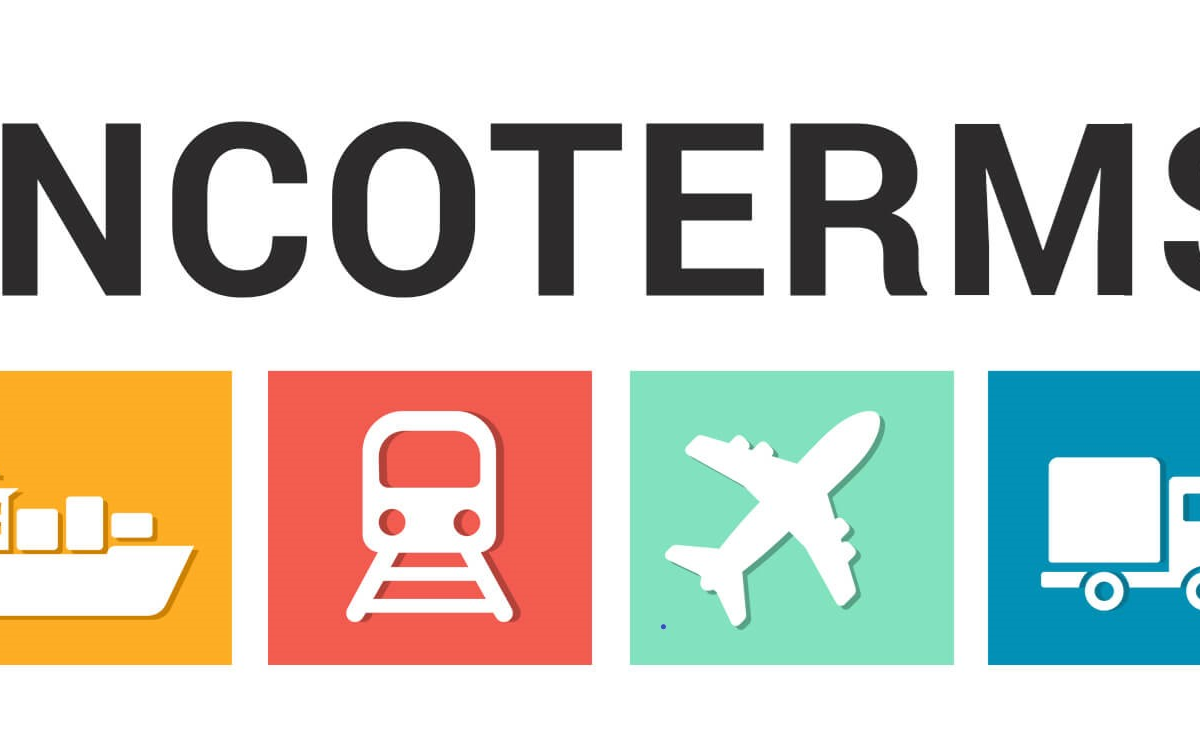
This article is written by Austin Garcia
Supply Chain Disrupted by Tropical Storm Alberto and Hurricane Beryl
The logistics and manufacturing sectors in Mexico and the U.S. are facing significant challenges from a succession of major storms. Tropical Storm Alberto caused extensive flooding, power outages, and road closures in northeast Mexico, severely impacting the manufacturing hub around Monterrey. Following Alberto’s landfall, the more formidable Hurricane Beryl has emerged as a new threat to the region.
Tropical Storm Alberto’s Impact
Tropical Storm Alberto’s effects were widespread, disrupting key infrastructure and supply chains.
- Port and Border Closures: The storm closed the ports of Altamira and Tampico, which disrupted containerized parts imports. Operations at the Laredo border crossing, one of the busiest ports of entry, also saw significant delays, especially for the automotive industry.
- Logistics Disruptions: Severe flooding around Monterrey closed a key toll road and complicated road freight routes. Carriers began using detours, adding up to eight hours of travel time. Widespread power outages forced factories to halt production, compounding the challenges faced by the manufacturing sector.
- Government and Industry Response: The Mexican government declared a state of emergency and began clearing roads and repairing infrastructure. Meanwhile, companies worked to find alternative routes and transportation methods to keep goods moving.
The Looming Threat of Hurricane Beryl
Just days after Alberto, Hurricane Beryl rapidly intensified, becoming one of the most powerful storms in decades.
- Storm Intensity: Beryl has oscillated between Category 4 and 5, reaching an intensity comparable to 2004’s Hurricane Ivan. The storm has already caused at least four deaths in the southeast Caribbean.
- Projected Path: Beryl is expected to follow a path similar to Alberto’s, heading toward the Gulf of Mexico. While it is projected to downgrade to a Category 1 before making landfall, its path could still impact the northeastern coast of Mexico and the Rio Grande Valley, posing a new threat to the region’s supply chain.
Industry Resilience and Planning
Despite these challenges, companies are demonstrating resilience. Some manufacturers are exploring temporarily shifting production to unaffected facilities. In anticipation of Beryl’s impact, logistics companies are preparing for continued disruptions. For example, TradeFlex has established an office in El Paso to bypass the storm’s trajectory and maintain service continuity. By leveraging multiple locations along the southern border, the company aims to ensure that factories can continue operating even through extreme weather events.



